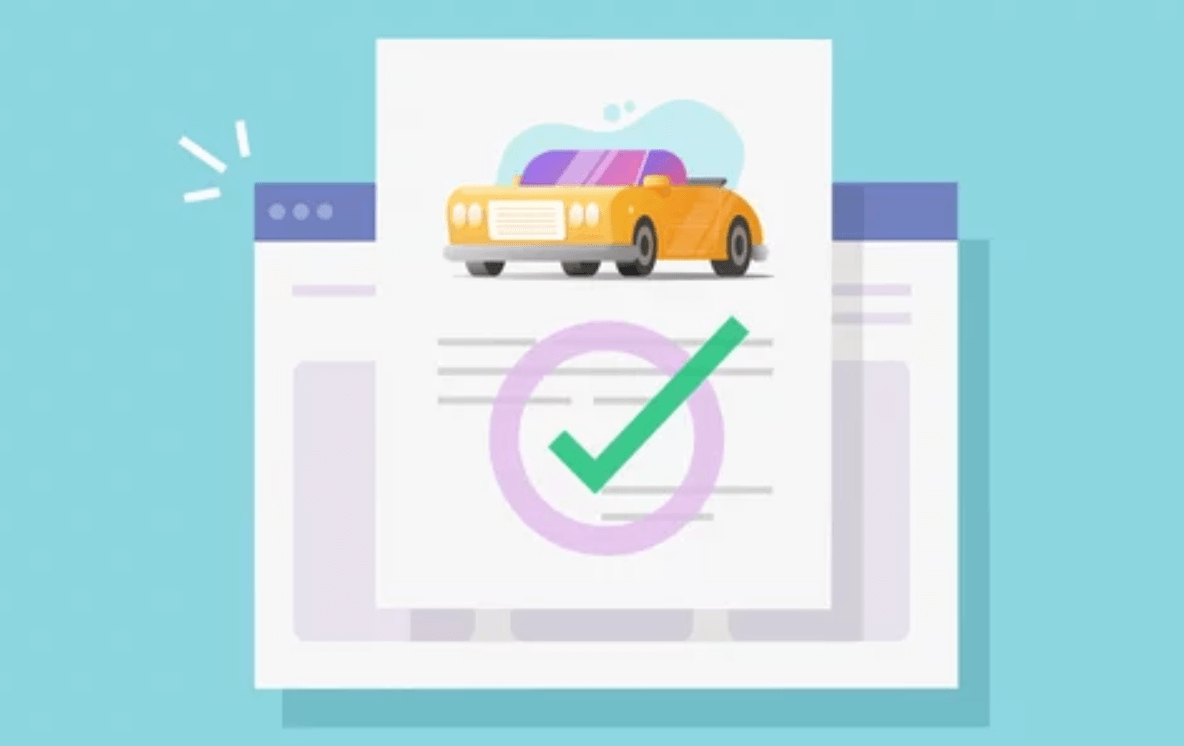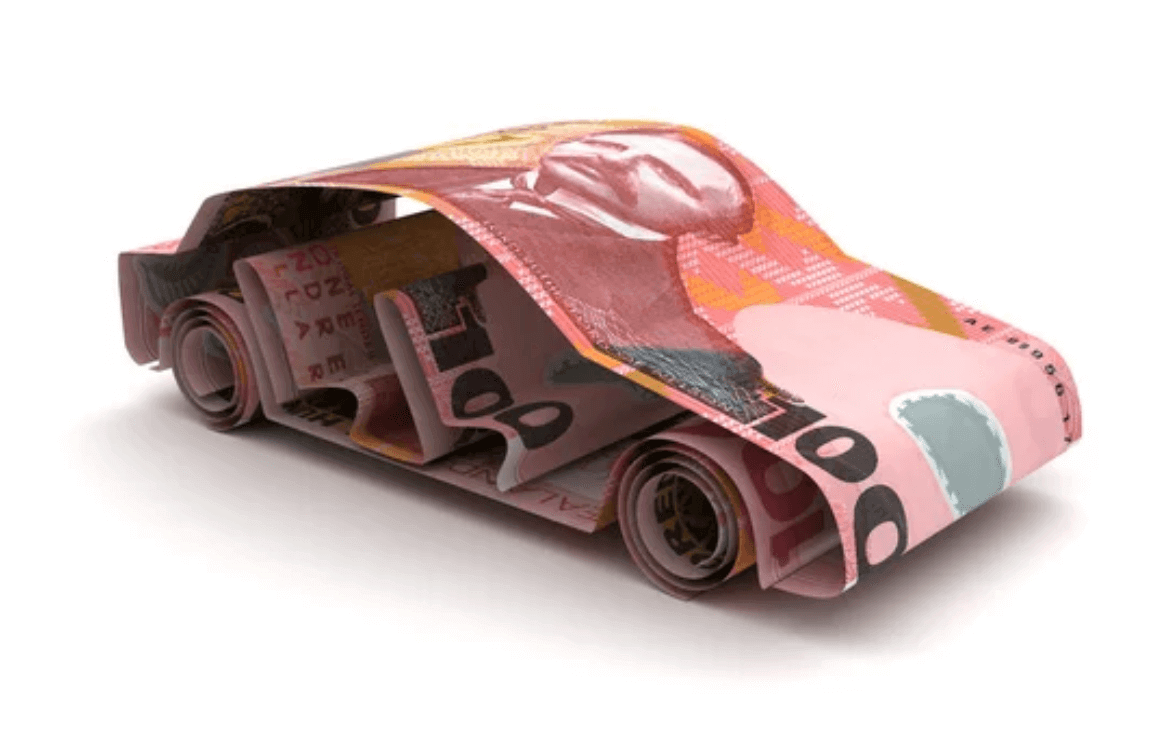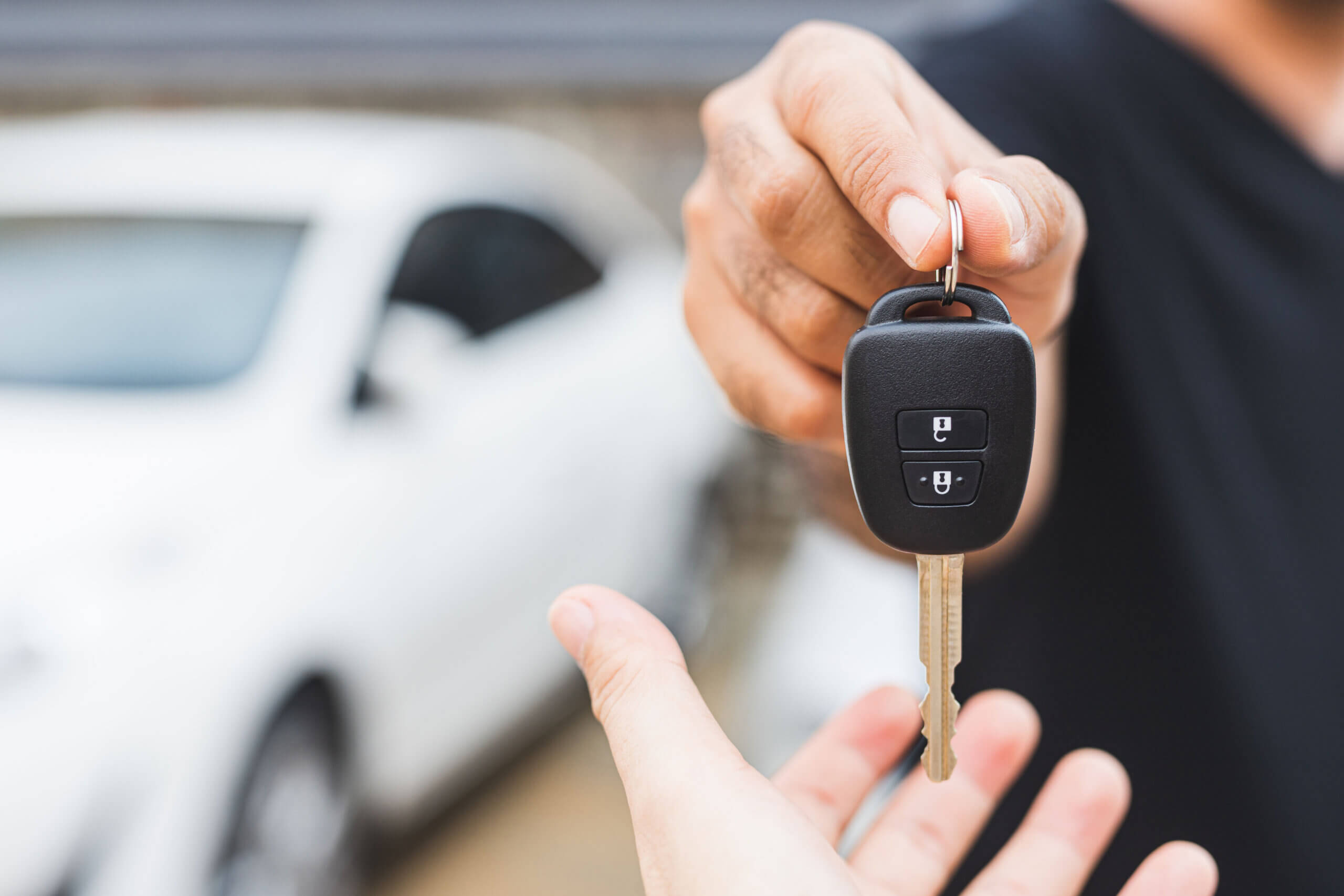Buying a car privately?
Buying a car privately? Do your due diligence first!
So, you’ve found the perfect car, it looks great in the photos and price is right – what’s next? When buying a second-hand car privately it’s important to conduct thorough due diligence checks to ensure you’re making an informed purchase. You may not realise that the automatic rights you have under the Consumer Guarantees Act when buying through a car dealer do not apply to private transactions. We’ve outlined some key steps and checks you should consider:
Vehicle history report
Obtain a comprehensive vehicle history report, such as a CarJam report, which provides important details about the car’s ownership, previous accidents, outstanding finance, stolen status, and other relevant information. This report can help you identify any potential issues with the vehicle.
VIN check
Conduct a VIN check to ensure the car hasn’t been reported stolen or written off. You can use the Waka Kotahi (NZTA) website or the CarJam report to verify the vehicle’s status.

Ownership and finance check
Verify that the seller legally owns the vehicle and has the right to sell it. You can do this by comparing the seller’s identification with the registration papers. Additionally, confirm that the car is not subject to any outstanding finance or security interests. The Personal Property Securities Register (PPSR) can help you check if there are any security interests registered against the vehicle. If there is finance owing, don’t buy it until you have confirmation the seller has paid the finance company and the outstanding balance has been settled in full.

Personal inspection
Physically inspect the car or have a trusted mechanic do it for you. Look for signs of damage, rust, or poor repairs. Check the mileage, overall condition, and functionality of key components like the engine, brakes, suspension, and tyres.
Mechanical inspection
Consider getting an independent, professional mechanical inspection such as the AA’s Pre-Purchase Inspection service. A qualified mechanic can thoroughly assess the vehicle’s mechanical condition and identify any hidden issues.
Service history
Ask for the car’s service records to assess its maintenance history. Regular servicing indicates proper care and can give you an idea of potential future maintenance requirements.
Test drive
Take the car for a test drive to assess its performance, handling, and overall driving experience. Pay attention to any unusual noises, vibrations, or warning lights.

Warrant of Fitness (WoF) and Registration
Ensure the car has a current WoF, which confirms it meets the required safety standards. Check the registration details, including expiry dates, to ensure they align with what the seller is telling you.
Purchase agreement and documentation
If you decide to proceed with the purchase, make sure to draft a written purchase agreement that outlines the terms and conditions of the sale. Collect all necessary documentation, such as the vehicle’s registration papers, service records, and any warranties provided by the seller. You’ll need to let NZTA know and transfer the car registration into your name.

Remember, it’s essential to exercise due diligence and conduct these checks to minimise the risk of buying a faulty or stolen vehicle when you buy privately. If you’re unsure about any aspect of the purchase, it’s advisable to seek legal advice. Alternatively, head into your local car dealership and if something catches your eye, you’ll know they’ve already done all the hard work and checks for you. It’s less risky and may ultimately save you money and unwanted stress.
If you’re thinking about financing a new car or have any questions around applying for a car loan, please get in touch with our friendly team, we’re here to help. Alternatively, if you have a loan with Oxford Finance and are experiencing an unforeseen change in your financial situation, don’t leave it too late to contact us or call 0800 88 44 66.
